India faces backlash over ban on Eid prayers on roads
Police have warned of passport cancellations for those found praying on roads.
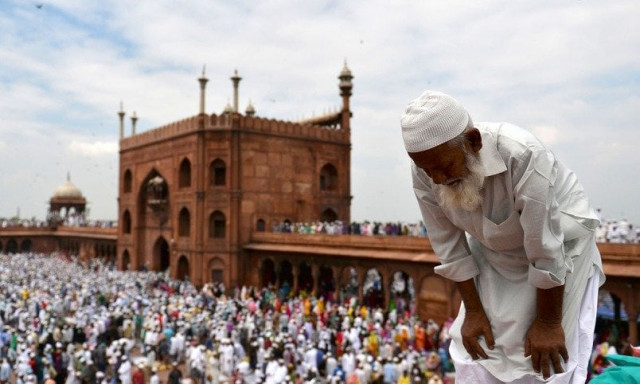
Authorities in the Indian state of Uttar Pradesh have imposed a ban on offering Eid ul Fitr prayers on roads, a move that has drawn widespread criticism from opposition leaders, civil society, and even members of the ruling party's coalition.
Meerut city’s Superintendent of Police, Ayush Vikram Singh, announced the ban, warning that anyone who offers prayers on the roads will face strict legal action.
The penalties include the possible cancellation of passports and driving licences. "Under no circumstances shall namaz be offered on the road," Singh said in a statement.
This directive has triggered backlash from various quarters, with critics accusing the Bharatiya Janata Party (BJP) government of discriminating against Muslims ahead of Eid. Samajwadi Party MP Iqra Hasan questioned the government's motives, asking, “Why is the government so troubled by a 10-minute Eid prayer?”
The ban has also provoked reactions from BJP allies. Chirag Paswan, a key ally in Prime Minister Modi’s government, condemned the ban, saying, “I do not agree with this politics. We should be focusing on bigger issues, not on Hindu and Muslim divisions.” Another BJP ally, Union Minister Chaudhary Jayant Singh, labelled the police action “authoritarian”, drawing comparisons to George Orwell's 1984.
The controversy escalated following similar restrictions in Sambhal, where officials attempted to ban prayers even on rooftops. However, after facing significant public criticism, the district magistrate clarified that the ban applied only to certain dilapidated rooftops.
Despite the controversy, police deployed drone cameras and CCTVs to monitor compliance with the directive during Friday prayers. Congregational prayers are permitted only inside mosques and designated Eidgahs, with peace committee members tasked with redirecting worshippers when mosques reach 70-80% capacity.
Opposition figures, including Samajwadi Party MP Ziaur Rehman Barq, have condemned the restrictions. "If a person is not allowed to pray at his residence, where will he go?" Barq asked. Meanwhile, Chandra Shekhar Aazad, an opposition MP from Bijnor, criticised the UP police’s actions, stating, “The police are not the court. They do not have any right to cancel passports.”
The controversy has raised concerns over religious freedoms and the growing scope of government overreach in India, with many accusing the authorities of targeting Muslims under the guise of maintaining law and order.



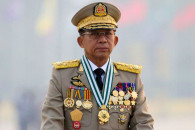

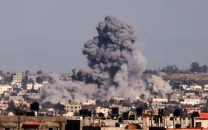
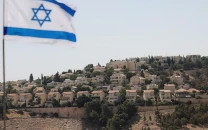
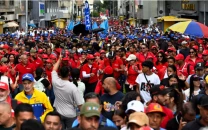
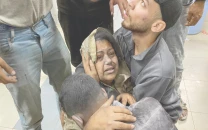












COMMENTS
Comments are moderated and generally will be posted if they are on-topic and not abusive.
For more information, please see our Comments FAQ